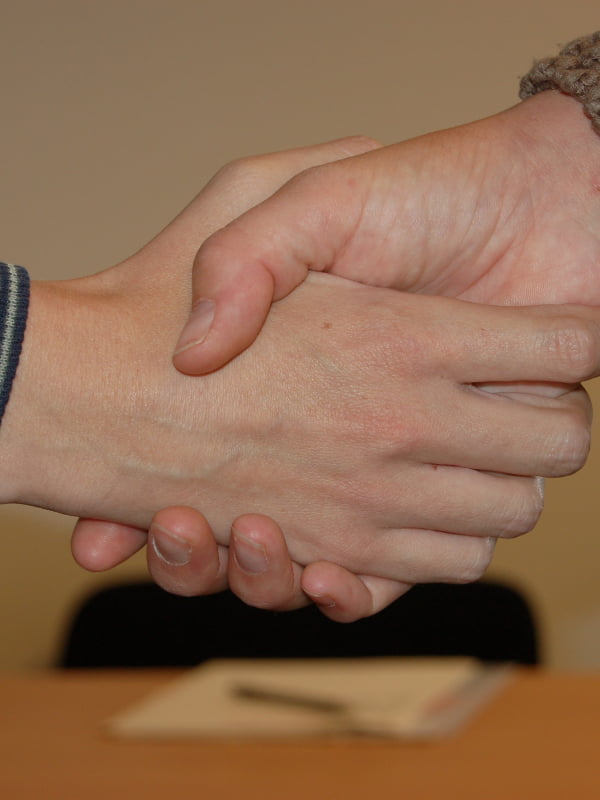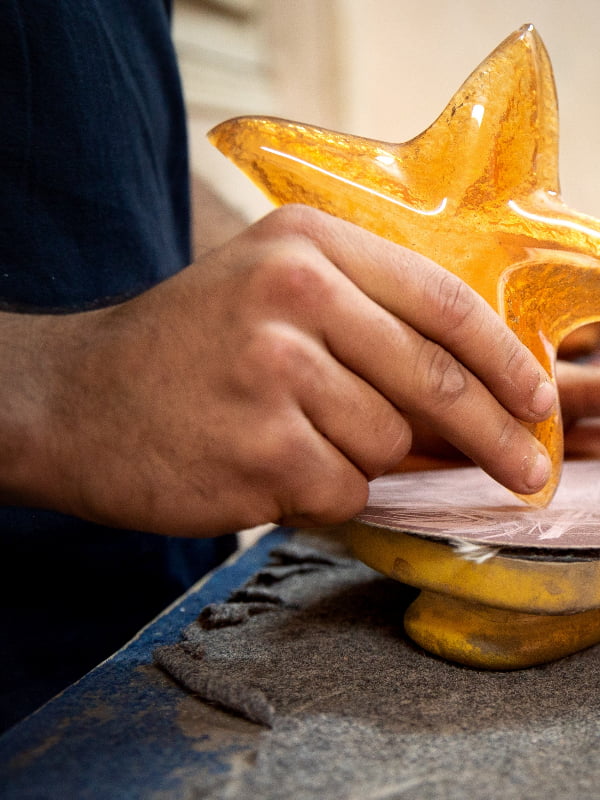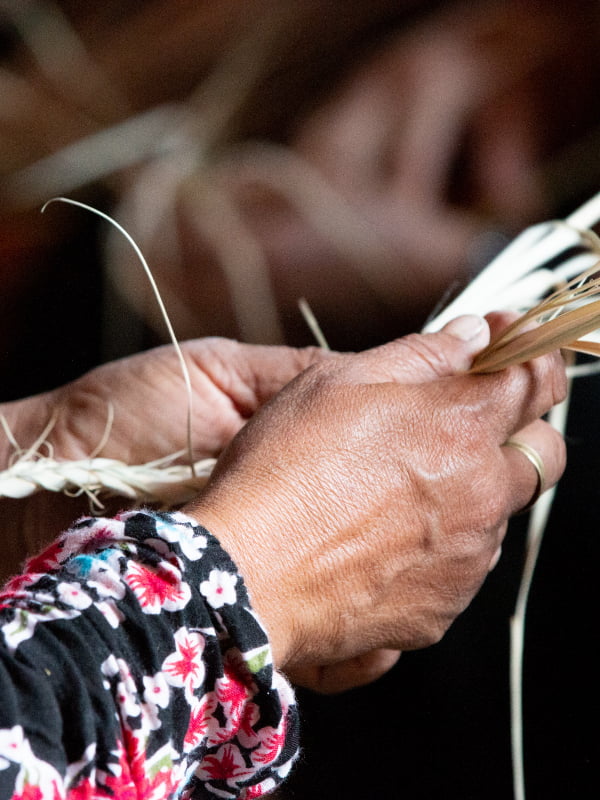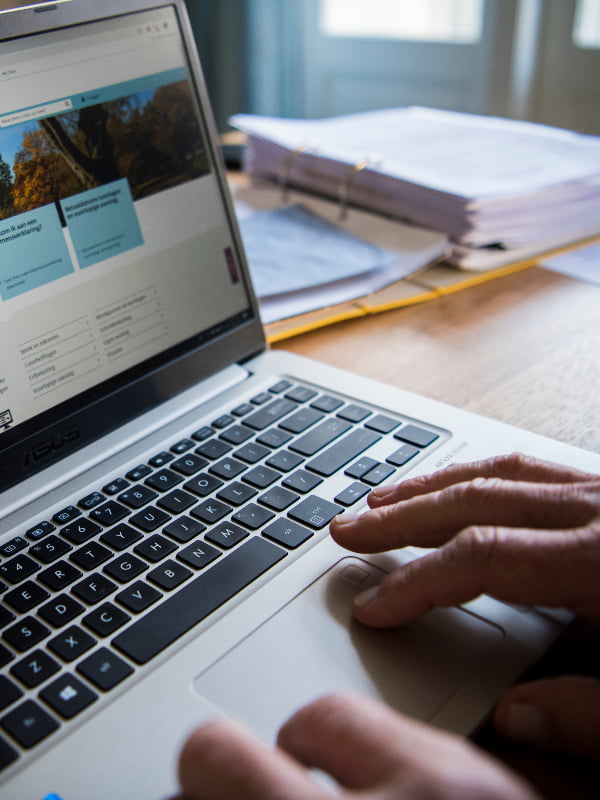"Perhaps it is time to review the emergency response"
Worldwide conflicts increase the need for deploying field experts. Refugees face many risks, but so do those who try to help. Placidia Vavirai is a Zimbabwean civil engineer who specialises in water supplies. Via the Dutch Disaster Risk Reduction and Surge Support facility (DRRS), she helped out in the Somali Region in Ethiopia. Her work had many challenges; trying to help with a long-term vision sometimes contradicts short-term solutions.

"I am Placidia Vavirai, but you can call me Plac. Since 2007, I have worked mostly within the Red Cross & Red Crescent movement in the Water, Sanitation and Hygiene (WASH) sector. Deployments with DRRS have always been a privilege; this is my second and most valued one."
What is your personal motivation to do this work?
"At first, I just wanted a job where I could do something meaningful. Helping people has become a passion, and a big dream of mine is to aim for the SDGs. I am lucky that I often travel around, see new places, learn and broaden my horizons in my work."

Why were you interested in this specific job?
"I like Ethiopia politically as the host of the African Union. Its historic and diverse nature presents opportunities. The Tigray crisis came to mind when I imagined being in Ethiopia, but one crisis cannot stop another from happening. The fear of potentially losing my life could not stop me from taking this mission either. DRRS assignments often bring freedom to exert one's technical skills."
What effect does the drought have on the people you meet?
"In Somali Region, I was often met by men holding guns. I always wonder if we are at war or if it is hunger. Most times, it is both. Many people were happy I could visit, listen to their problems, and take notes, giving them some hope. Most of the pastoralists' animals died (about 90%), livelihoods were lost, and people continued moving in search of pasture, food and water. The government is stretched on how much it can support its people; in some places, water trucking is inevitably the only solution. Some women I met were selling wood to buy water and food, but the price and demand were very low. We can forget about access to education and health; in one community I visited, the families had a schedule for who eats when, sharing slots between the surviving animals and the children. The effect of this drought adds to the existing problems, such as tribal conflicts and the slow pace of development, both with no end in sight."
How do you see short-term versus long-term solutions for the drought response?
"I have no idea what is right or wrong, nor does the government here. One is almost tempted to advocate stopping expensive water trucking to use the money for long-term water supply solutions. But what about today's immediate needs? Emergency donors give short-term funding when technical engineering solutions are impossible. The WASH sector is full of engineers who have been converted into secretaries; they are losing their skills. Perhaps more flexibility with the standards, supporting government initiatives, and fundraising despite the Ukraine crisis are solutions. Maybe it is time the WASH sector redefines its emergency response strategy or continues water trucking and stops complaining that it is expensive. Sanitation is a long-forgotten dream in the Somali region; it is not a priority."
What could change if we focus more on prevention and long-term solutions?
"Maybe the wording in the response has to change first, or governments should be supported in these solutions. But the question is, is that even foreseeable soon? Do we want the change, or do we risk losing our jobs? DRRS support with experts for 3-6 months is not enough, if at all helpful. It would be nice if, with the partners we support, we could propose:
- Assessments and water scheme designs with proposed costs before emergencies.
- Based on point 1, the building of climate-resilient water schemes as soon as an emergency strikes.
- Trend checking in places where DRRS has deployed experts (repetitive deployments, meaning there is often a crisis, nature of problems, and so on) and developing solutions accordingly.
- Talking about the challenges until we find solutions."
"Honestly speaking, the humanitarian sector seems to be burdened. Recruitment costs and the delivery of programmes are much higher than before. It is getting so complicated and, in reality, leaving many behind. Perhaps it is time to review the emergency response, bring about the honesty of field findings, and see how to proceed."
Would you like to use your knowledge to help out in disaster areas?
Are you an expert in a particular field?
- Would you like to help in water-related emergencies in other countries? Disaster Risk Reduction and Surge Support is always looking for experts. Learn more about DRRS.
- Would you like to contribute to Mental Health and Psychosocial Support? Read more on DRRS MHPSS. Or sign up as an expert.
- Ministry of Foreign Affairs



